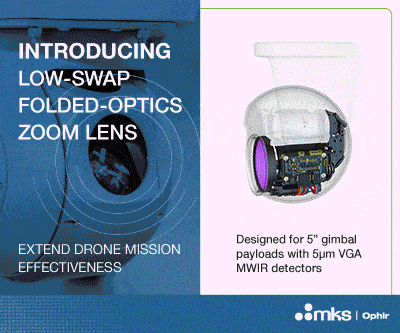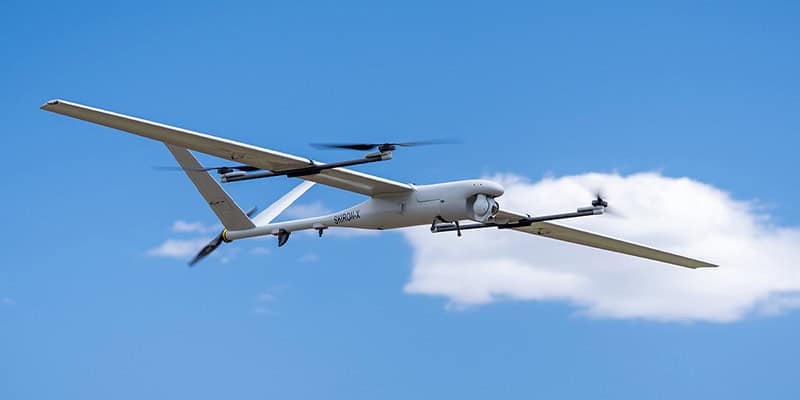Military aircraft operate in the most demanding conditions—remote locations, carrier decks, FOBs—and their performance hinges on fuel that meets exacting standards. MIL-STD-3004D defines how aviation turbine fuels are sampled, tested, and certified for military use.
This standard supports mission readiness by ensuring fuel is free from contaminants, meets performance specs, and is traceable from supply chain to aircraft.
MIL-STD-3004D: Fuel Quality Assurance Protocol
MIL-STD-3004D sets out protocols for:
- Fuel sampling and analysis from tanks, trucks, bladders, and drums
- Contaminant limits for water, solids, and microbial growth
- Quality control documentation and traceability
- Field testing procedures for rapid go/no-go assessments
It covers standard military fuels like:
- JP-5 (carrier-based operations)
- JP-8 (multi-platform compatibility)
- F-24 (commercial spec with additives)
Testing Criteria
Common tests include:
- Flash point: Ensures safety in handling and storage
- Freeze point: Critical for high-altitude operation
- Thermal stability: Evaluates resistance to coking in turbines
- Sediment and water content
- Conductivity: Required for anti-static performance during fueling
Field & Lab Testing
Field tests use portable kits or deployed fuel labs at bases. More detailed analysis is carried out at central depots. This dual-track approach ensures rapid validation and long-term data retention.
Microbial Contamination Monitoring
Jet fuel can harbor microbial growth, especially in humid conditions or after long storage. MIL-STD-3004D includes guidelines for microbial testing, treatment, and recordkeeping—key for avoiding engine damage or fuel filter clogs.
NATO & Allied Interoperability
MIL-STD-3004D aligns closely with NATO STANAGs, enabling fuel sharing between allied forces. This interoperability is critical for joint missions, refueling infrastructure compatibility, and coalition logistics.
Procurement & Documentation
Defense procurement teams must:
- Require MIL-STD-3004D conformance on all aviation fuel contracts
- Verify that suppliers are certified to perform on-spec sampling and testing
- Maintain logs and chain of custody documents for each batch
- Include testing equipment in forward logistics planning
Essential Compliance
Fuel quality isn’t just a logistics issue—it’s a safety, performance, and operational continuity concern. MIL-STD-3004D ensures that every gallon of fuel meets the strictest requirements for airworthiness, even in austere or high-risk environments. Compliance is essential to mission assurance.





















